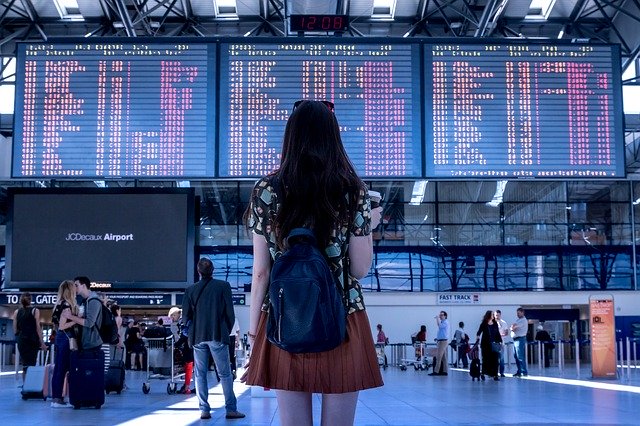Fully vaccinated New Zealanders will find it easier to come home from January 2022, with foreign nationals to follow from April onwards, as the Government removes the requirement for MIQ for most travellers, COVID-19 Response Minister Chris Hipkins has announced.
"Closing our border was one of the first steps we took to keep our country safe from COVID-19 and it’ll be the last thing we open up, following our transition into the traffic light protection framework system and lifting of the Auckland boundary," Hipkins says.
"We have a clear, simple and safe plan, including a mandatory period of self-isolation. The border will open in three steps and all travellers not required to go into MIQ will still require:
– a negative pre-departure test
– proof of being fully vaccinated
– a passenger declaration about travel history
– a day 0/1 test on arrival
– a requirement to self-isolate for seven days, and
– a final negative test before entering the community
"We are making this announcement today to give families, businesses, visitors and airline and airport companies certainty and time to prepare. It’s very encouraging that as a country we are now in a position to move towards greater normality.
"We always said we’d open in a controlled way, and this started with halving the time spent in MIQ to seven days. Retaining a seven-day isolate at home period for fully vaccinated travellers is an important phase in the reconnecting strategy to provide continued safety assurance. These settings will continue to be reviewed against the risk posed by travellers entering New Zealand.
"For details around when travellers can enter New Zealand without going into MIQ:
– Step 1 – opening to fully vaccinated New Zealand citizens and those residence-class visa holders and other travellers eligible under our current settings from Australia from 11.59 pm on January 16, 2022 (provided they have been in Australia or New Zealand for the past 14 days)
– Step 2 – opening to fully vaccinated New Zealand citizens and those residence-class visa holders and other travellers eligible under our current border settings, from all but Very High-Risk countries, from 11.59pm Sunday, February 13.
– Step 3 – opening to fully vaccinated foreign nationals (possibly staged by visa category), from April 30 onwards
"Some people and businesses want us to start to open up before Christmas, and that’s understandable, but others want us to be more cautious. We acknowledge it’s been tough but the end of heavily restricted travel is now in sight," Hipkins says.
"There continues to be a global pandemic with cases surging in Europe and other parts of the world, so we do need to be very careful when reopening the border.
"In the end, we’ve done what we’ve always done, and that is to follow expert advice – which continues to show us the border is our biggest risk for new cases. For example, our current outbreak which now has more than 7000 cases associated with it, stems from a single traveller travelling from Australia to New Zealand.
"A phased approach to reconnecting with the world is the safest approach to ensure risk is carefully managed. This reduces any potential impacts on vulnerable communities and the New Zealand health system."
"Our dates for opening of borders logically follows the bedding in of the traffic light system, the lifting of the Auckland border, time for regions to get their vaccination rates higher still and for booster shots to be rolled out.
"Further details on how self-isolation will be implemented will be made available in December, and include guidance on how people can travel from their arrival airport to their location of self-isolation and requirements for the places where they can self-isolate.
"This does not mean the end of MIQ as a system, which was always intended to be temporary at this scale and has served us incredibly well – with more than 190,000 people brought home since our borders closed in March 2020.
"There will continue to be role for it in the foreseeable future."



